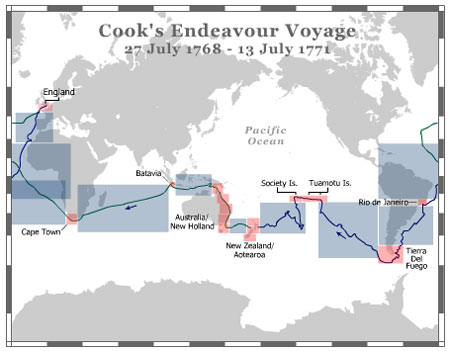The torch relay is getting closer! Here is the route. The torch will be passing through Totnes (14:12 start), Paignton (14:40 start), Torquay (15:42 start) and Teignmouth (17:37 start) on Sunday 20th May...just under 2 weeks from Today!
Here is an extract from http://www.london2012.com
The Flame is then delivered to the Host Country, where it is transferred from one Torchbearer to another, spreading the message of peace, unity and friendship. It ends its journey as the last Torchbearer lights the cauldron at the Olympic Games Opening Ceremony in the Olympic Stadium, marking the official start of the Games.
For Home Learning, I would like you to research the Olympic Torches from history and design and make your own. Due in on Friday 18th May.
Use this site to research them. Design your own torch and if possible, make it as well using materials from home.
I hope to have a parade of Olympic Torches in School on Friday 18th May, the last schoolday before the torch travels past us in Devon.
You might want to use these ideas as part of your design: peace, unity, friendship, cooperation, perseverence. You may want to include some London Landmarks as part of your design. Have a look below for some ideas:
If you cannot make your torch, then draw and label your torch design on either a piece of paper or post it to the Kidblog site.

 c
c
